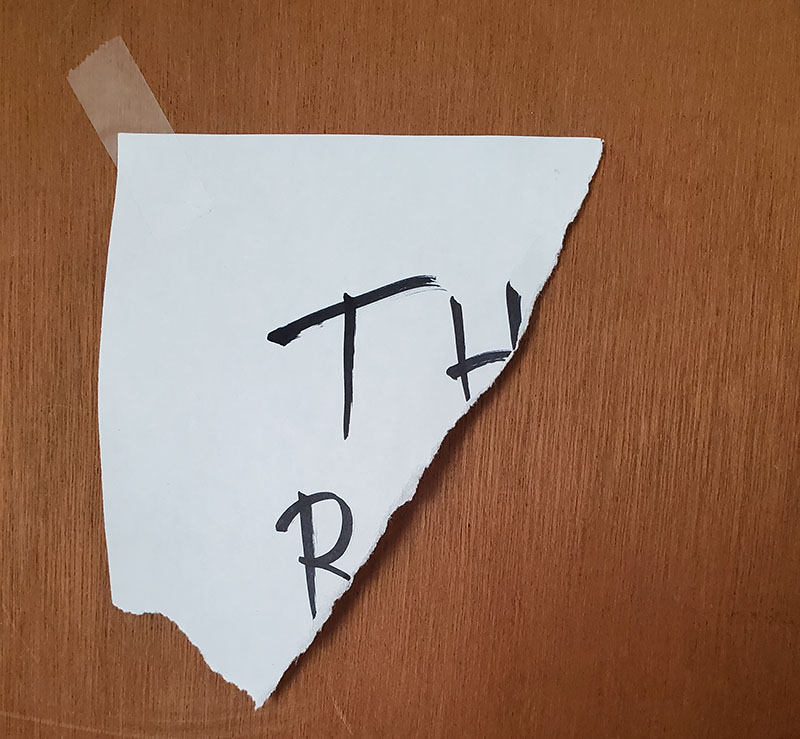 Aug 7, 2024–The first time more than two cavemen got together to go hunting, one of them stepped up and said, “Here are the rules.” Only it sounded like, “Ug, oomba dooga. sheboygan.”
Aug 7, 2024–The first time more than two cavemen got together to go hunting, one of them stepped up and said, “Here are the rules.” Only it sounded like, “Ug, oomba dooga. sheboygan.”
Every meeting ever held since that time, has started with someone reciting the rules for what was to follow.
Why?
By now, we all know the rules… all of them. From attending a play (no food or drink) to leaving a phone message (speak at the beep).
I find it off putting that every gathering begins with a recitation of what you should not do. What a damper on enthusiasm, energy, and creativity.
What would it feel like if we flipped the rules? The anti-rules.
“OK, gang. Welcome to Widgets 101. Here are the anti-rules.”
If you have an idea, share it
If you receive a request, honor it
If you hear a compliment, acknowledge it
If you feel the urge to urinate, address it
If you want to leave, good-bye
Every time I stepped into a new role in my career, the first action I took was to throw out all the previous rules. Sometimes this was done literally. As a new director, I walked through the building and physically ripped down every piece of paper taped to the cinderblock walls. This went from what was OK to copy on the copy machine to which cup to use at the coffee maker to rules for who can set the thermostat to washing your hands after using the restroom to don’t leave food in the refrigerator to don’t call on outside lines.
Same in our catalogs of classes. “The Rules” for getting refunds usually took up two pages in the book. They laid out every scenario, from how many days before you got only a partial refund, to getting your money back on the leash you bought for dog obedience.
I deleted them all and replaced them with: “If you are not satisfied with your class, tell us and we’ll make it right.”
Not only did I do a 100% guarantee of happiness, I gave each of my employees the discretion to handle any complaint up to $100. That meant if someone wanted a full refund, even after completing the class, they had full discretion to decide how to handle it. I always said I’d rather lose $50 in refunds to one student, than lose that student and the next six $50 classes they would take.
As a teacher, as a parent, and as a co-worker, my rule has always been “don’t mess with anyone else’s project.”
That pretty much covered every scenario, and more important, relieved me of being the arbitrator for every minor disagreement. I’m no Solomon–you all figure it out yourselves.
I got off on rules while reading posts urging the county commissioners to implement a burn ban during a dry spell.
In Texas, a burn ban is implemented when weather and moisture conditions make it dangerous to burn trash or brush. The danger is real. A brush fire can damage property and wildlife, while costing taxpayers.
But in this instance, certain citizens were upset that a burn ban had not been declared.
Again: Why?
Any sentient being who has lived in South Texas long enough to grow okra knows better than to burn outdoors when there has been no rain for months, vegetation is brittle, and winds are gusting over 20 mph.
Yet we feel it is not “official” until an ordinance is activated. It’s never meant for “us.” Rules are only needed for “the rest of you,” who think, gee, it’s dangerous to burn this bag of trash, but since there is no burn ban in place, I’m going to do it.
This example illustrates the fallacy of setting rules for every possible scenario. It is impossible. And worse, it reinforces our need to look to a list of rules to guide our behavior, rather than using our knowledge, experience, and sense, in order to live a life without need of rules.